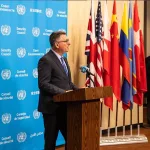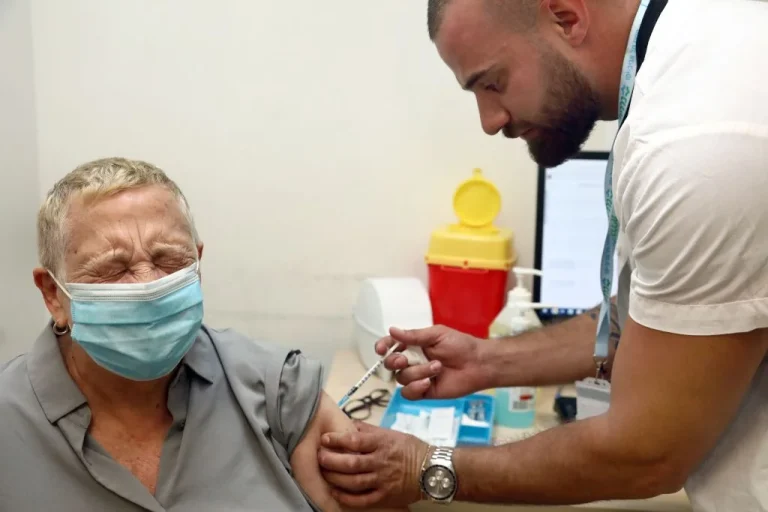Jerusalem, 7 August, 2025 (TPS-IL) — Israel is experiencing a noticeable rise in COVID-19 cases amid low vaccination rates and limited testing, raising concerns among health experts. According to the Health Ministry’s “Data World” report released Thursday, confirmed infections jumped by 30% last week compared to the previous one, reaching 141 new cases. Active infections stand at 430 this week, though experts believe the real figure is much higher due to many people avoiding official tests.
Hospitalizations have also increased. The Israel Center for Disease Control reported 65 COVID-19 patients in 11 hospitals by late July, making up 6.7% of admissions—an upward trend compared to prior weeks. Health maintenance organizations (HMOs) echoed this rise. Maccabi Healthcare Services recorded a 70% increase in daily diagnoses from June to July, climbing from 30 to 50 cases per day, then spiking to 77 in the first days of August — a 150% rise from June. These numbers only include patients who reported their illness to doctors; many others use home tests and remain uncounted.
Other HMOs — Clalit, Leumit, and Meuhedet — reported similar increases, reflected in rising prescriptions for COVID-19 treatments. Clalit saw a surge in prescriptions last week, Leumit’s treated patients quadrupled from five to twenty within two weeks, and Meuhedet experienced a 94% case increase from June to July, with an average patient age of 64.
Prof. Yasmin Maor, head of Infectious Diseases at Wolfson Medical Center, attributed the rising numbers to evolving virus variants and waning immunity.
“The virus keeps changing. Immunity from prior infections or vaccines fades and new variants reduce its effectiveness,” Maor explained. Maor She stressed that despite being less severe than early in the pandemic, COVID-19 remains “the most problematic respiratory virus,” exceeding influenza and RSV in impact. She lamented the underuse of vaccines and treatments, saying, “It’s frustrating that we’ve gone from leading COVID management to lagging behind.”
Prof. Dror Mevorach of Hadassah Medical Center downplayed the surge, calling it “not a wave, but a slight increase.” Citing U.S. data showing lower hospitalizations than last year, he stressed that “the virus is not dangerous for 99% of the population.”
Still, Mevorach urged personal responsibility to prevent the spread and criticized Israel’s inadequate monitoring system, which relies on indirect measures like hospitalization rates, often complicated by patients’ underlying conditions.
Maor warned that without improved public awareness, better vaccine coverage, and wider access to early treatments, severe outcomes will continue, especially among vulnerable groups such as the elderly and immunocompromised.































